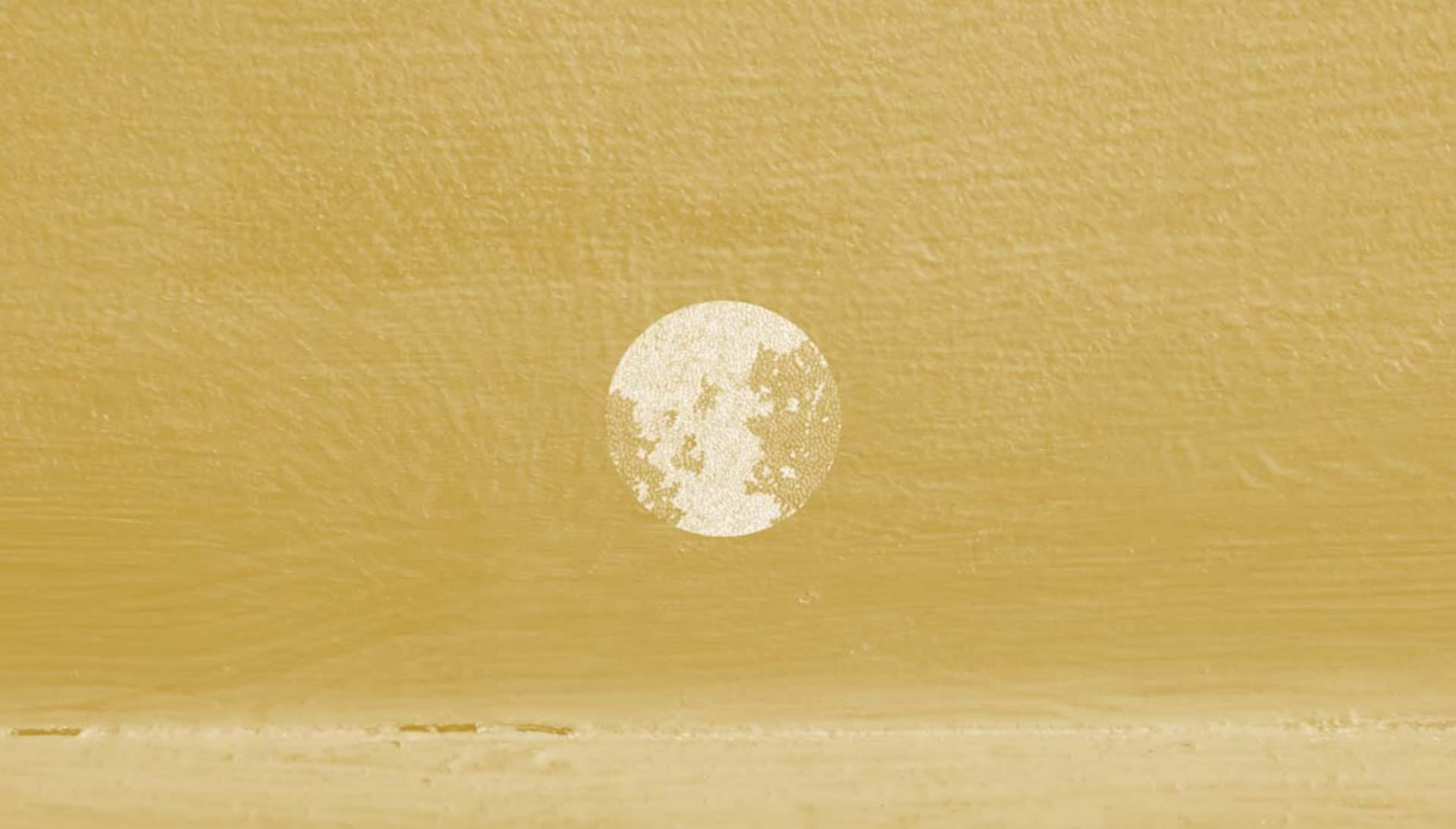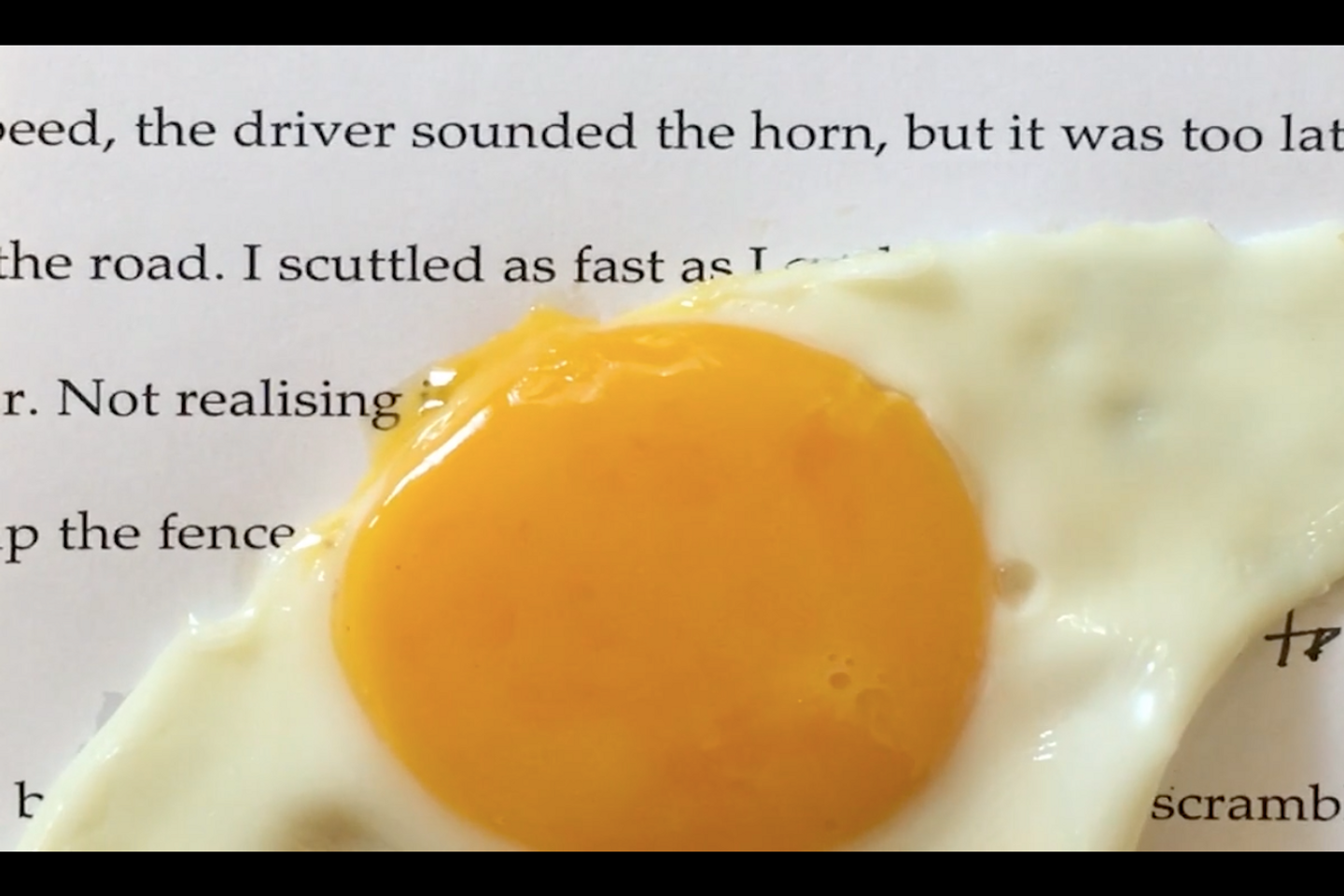1: The Beady Eye
2021, Paper, Pencil, NHS
In Darren Aronofsky’s 1998 film Pi, the lead character Max says ‘Everything around us can be represented and understood through numbers’ which I would reply ‘theoretically yes, but should we?’, why is there this constant need for order?
2: Traeth
2020, Video, Dur: 06:14
This was my initial response to lockdown, created using a Chromebook and Android technology, currently being exhibited in Aberystwyth.
3: Reflecting Rovelli (detail)
2021, Drawing
The contemporary Italian physicist Carlo Rovelli would become a key influencer within my practice. His 2016 book The Order Of Time discusses the problematic reasoning behind Newtonian theory, this is the theory that our current measurement of time is based on. We actually have very limited number of perceived scientific facts or grounded acknowledgements with regards to time; one that is recognised is that time moves faster on top of a mountain than on the plains. Now why this happens is still a mystery, though what it does show is that time is not a given, we are surrounded and consumed by ever-changing micro timezones. An aesthetic comparison could be to think of leaves on a tree blowing in the wind, a diverse array of moving tone, where each leaf is unique though as a collective they are one.
Carlo Rovelli discusses how we came to be where we are with our linear time set-up, he talks about a shift in mentality in which we went from treating time as a series of inter-connected events (a truer representation) to viewing time as a thing. This shift meant time could be perceived as controllable by man. Rovelli beautifully suggests that the cosmic dance performed by the Hindu god Shiva is a more accurate depiction of time.
4: #5669 (Experiment)
2021, Video, Short Excerpt
Whilst contemplating the important question of duration, a full 24hr, 7 day photographic time-lapse recording was instigated, a lockdown epic during the week of my 40th birthday. At the end of the recording I was left with thousands of photographs.
Frustration for me occurred when transferring the images across to the computer; in an instant the computer ordered the photos into a regimented image sequence, a process that felt coercively systemic. Not wanting to pander to this, I set about randomising the order of the photos and randomising the length of time for each photo. To achieve this required hand-placing each individual photograph onto a timeline. With 5,669 photos the process was labour intensive though one which added value to my research. Through engaging with this activity physical repetition was pronounced. Simultaneously highlighting the imbedded ordained linear constructs inherent within the moving image practice.
5: Untitled (3rd Reading)
2021, Video, Dur: 11:56
This piece was a pre-runner to the piece 'The Psychological Corporation', in total I recorded 6 read throughs of the form, this was the third.
6: Untitled
2021, Video Still
Evolution of composition, experiments with colour and Rovelli drawing.






